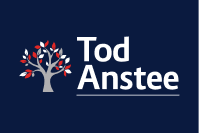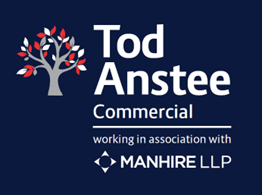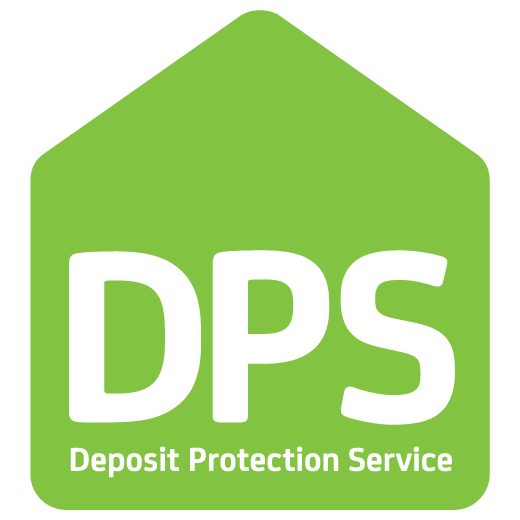One of the many benefits of renting a property is that property maintenance jobs are often the responsibility of the landlord or the landlord’s appointed letting agent. However, they are not accountable for all maintenance jobs in a property, some are the full responsibility of the tenant. Knowing which party is responsible for which maintenance tasks can be confusing at first, but worth clarifying before anything goes wrong.
Check your legal obligations listed in the tenancy agreement
When you sign a tenancy agreement for a rental property, any good contract will give a detailed and property specific overview of which maintenance tasks fall to which party. However, simply reading through a contract does not always provide clarity. If you’re unfamiliar with the rental market, how do you know what to look for? When you’re in the middle of an emergency, you’re unlikely to read through a contract to discover what you should do.
What are the tenant’s maintenance responsibilities?
Here are the essential rules when it comes to rental property maintenance, so you know exactly what is expected of you as a tenant, and what you can expect in turn from your landlord.
PROPERTY DAMAGE
The guiding principle is that any damage caused by the tenant’s carelessness or negligence is their responsibility to repair, whereas if the damage has arisen through usual wear and tear, it’s the responsibility of the landlord. Common damages which tenants may initially assume are the landlord’s responsibility include blocked drains, broken windows and stained carpets, but these do in fact fall under the tenant’s responsibility. Larger building maintenance issues such as leaking roofs or cracked foundations are usually the responsibility of the landlord to fix. However, while the tenant is not responsible for these repairs, they are obliged to report the issues in good time to prevent further damage.
WASTE MANAGEMENT AND BLOCKED DRAINS
When it comes to waste management, the buck lies with the tenant. Do remember that if damage is caused by neglect or poor sanitation the landlord does not bear the responsibility. For example, blocked drains from sinks and showers are often caused by a build-up of hair. While a landlord cannot insist that a tenant keeps their home spotless, they should outline clear waste disposal expectations in the lease in order to avoid pest infestations.
PEST CONTROL
When it comes to pest control, responsibility can vary between tenant and landlord. Tenants should always keep the property clean and take care not to leave food lying around which can all too often result in mice infestations. In cases like this a landlord may decide to deduct the amount paid for an extermination from the security deposit. However, a wasps’ or bird nest is generally an issue for the council or landlord to resolve since the tenant has not contributed to the problem. A good rule of thumb to follow is that if it moves, it’s a tenant responsibility, and if it flies, it’s a landlord responsibility!
VENTILATION, CONDENSATION and MOULD
This is a common area of dispute between landlords and tenants. Tenants should always ventilate rooms adequately especially bathrooms and kitchens to avoid condensation build up which can eventually lead to mould forming. Mould is almost always caused by inadequate ventilation on the part of tenants. In contrast damp is a very different structural issue and should be addressed by landlords.
PLUMBING and HEATING, SMOKE DETECTORS and APPLIANCES
The landlord is fully responsible for ensuring these systems are in good working order at the start of the tenancy. Any repairs made to the plumbing and heating systems are also the owner’s responsibility. However, in turn the tenant must make sure that they use the equipment correctly, report any issues and replace batteries in smoke detectors during the tenancy.
Property Management Experts Serving West Sussex
In summary, tenants are typically responsible for ensuring their property stays sanitary, clean and in good repair. A landlord is generally not responsible for making good any repairs caused by the tenant’s own carelessness or lack of hygiene. For a legal overview, tenants and landlords should refer to Section 11 of the Landlord and Tenant Act 1985 which clarifies repairing obligations in short leases.
If you have any questions about maintenance in your property, Tod Anstee provides a professional residential property maintenance service.
If you are looking to rent your next property, check out the regularly updated selection of West Sussex rental properties.







